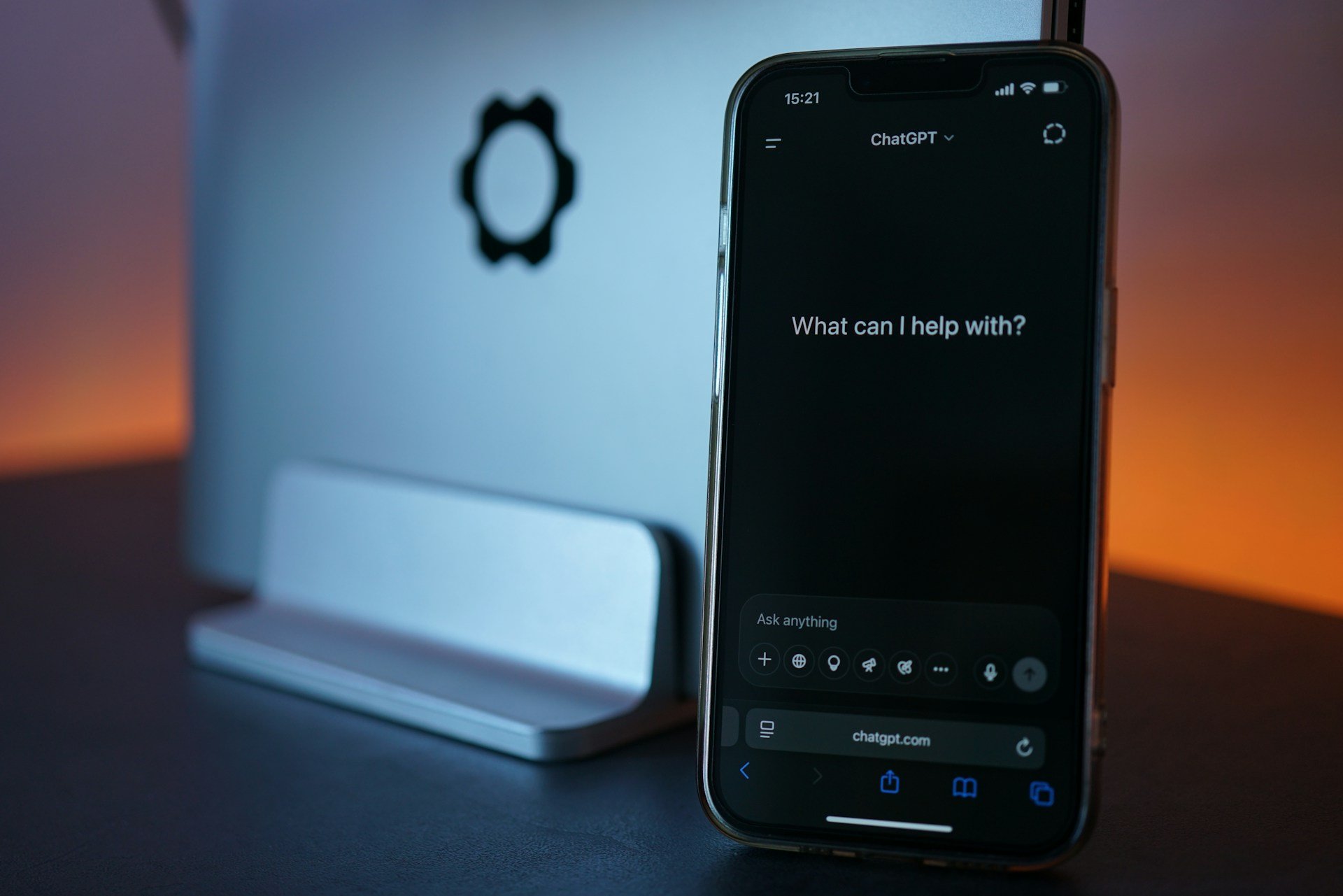The Public Relations Blog
We frequently blog about the latest public relations corporation communications, and marketing topics, tips, and trends. Our blog is one of the 100 Best Public Relations Blogs, according to FeedSpot. Please help yourself to our insights and be sure to subscribe to our weekly blog notifications.
Learn how AI supports storytelling across industries while keeping your communication aligned with web media best practices.
Read More
Topics: web media
Extend your content's impact by aligning reposts with your web media strategy for stronger visibility, consistency, and long-term results.
Read More
Topics: content management, web media
Outdated pages and broken links weaken your web media and search trust. Learn how to improve your web media to stay visible and reliable.
Read More
Clear link paths improve your web media presence by making content more trustworthy and searchable — starting with your web media.
Read More
Topics: web media
In the competitive world of digital marketing, high-quality backlinks are one of the most critical ways to boost your website's search engine rankings.
Backlinks act as endorsements from trusted sources. They signal to search engines that your content is valuable and relevant.
Securing high-quality backlinks is ultimately investing in your website’s long-term success. But what are they? What strategies deliver the best results? Let’s dive in to understand the essentials.
Read More
Topics: owned media, web media
This unique SEO predictive search technique can suggest your company for 71% of search clicks.
Axia Public Relations is excited to help businesses and professionals win with a new innovative search engine optimization technique called Search Box Optimization. This little-known capability allows companies to appear directly in search predictions and dominate their competition. But what is this optimization technique, and how can your company use it?
Read More
Topics: digital PR, SEO, owned media, web media
Maximizing the Impact of Your Company's Media Coverage
Earning great media coverage is significant for any company. But the value of that coverage is actually in your ability to amplify it and reach your key stakeholders - prospective and current customers, and employees.
There are several ways to amplify your coverage.
Read More
Topics: PR tips, shared media, owned media, social media, web media
Google Autocomplete is one of the best tools your company can use to drive traffic and perfect SEO strategy.
Google's autocomplete feature has become an invaluable part of the search experience, providing predicted search queries as users type. But it also presents unique SEO opportunities for brands.
In this complete guide, you’ll learn what Autocomplete is, how it works, why it matters for SEO, and how you can optimize for it.
Read More
Topics: SEO, web marketing, owned media, web media
While keyword research takes time, it's worth the effort.
Finding the right keywords is crucial for effective search engine optimization (SEO) and driving traffic to your website. Doing keyword research properly takes time and effort, but the results are worth it.
Read More
Topics: SEO, owned media, web media
Consider cost, design, support, and analytics when selecting the best content management system for your company.
One of the best ways to provide consumers information about your company is through a content management system (CMS) or website. This allows companies to build, write, or modify web pages without having the skill or knowledge to code.
Read More
Topics: PR tips, owned media, web media












Comment on This Article